Russia says it fired supersonic anti-ship missile at mock target in Sea of Japan
Russia's navy has test-fired two supersonic anti-ship missiles at a mock target in the Sea of Japan, the country's defense ministry said Tuesday, as tensions continue to escalate in the wake of Tokyo's growing military ties with the US.
Two ships launched a missile attack on a simulated enemy warship located about 100km (62 miles) away, the ministry said in a statement, adding that the Moskit supersonic cruise missiles with conventional and nuclear warhead capacity successfully hit their target.
“In the waters of the Sea of Japan, missile ships of the Pacific Fleet fired Moskit cruise missiles at a mock enemy sea target,” the ministry said in a statement on its Telegram account.
“The target, located at a distance of about 100 kilometers (62.14 miles), was successfully hit by a direct hit from two Moskit cruise missiles,” it added.
The P-270 Moskit missile is a medium-range supersonic cruise missile of Soviet origin, capable of destroying a ship within a range of up to 120km (75 miles).
Russia’s defense ministry did not give precise coordinates but said the operation took place in Peter the Great Bay in the Sea of Japan.
Moscow said a number of its Pacific Fleet ships, jets and drones were also involved in Tuesday's military drill.
It came a week after two Russian strategic bomber planes, capable of carrying nuclear weapons, flew over the Sea of Japan for more than seven hours in what Moscow said was a “planned flight”.
Japan's Foreign Minister Yoshimasa Hayashi emphasized that his country would continue to stay vigilant against Moscow’s military activities, but stressed that no damage was reported following the missile launch.
“As Russia’s invasion of Ukraine continues, Russian forces are also becoming more active in the Far East, including Japan’s vicinities,” Hayashi told a regular press conference, as reported by Reuters news agency.
Meanwhile, Tasuku Matsuki, a Japanese foreign ministry official in charge of Russia, noted that Japan will not lodge a protest over the missile exercise as the location of the operation is considered the Russian coast.
“On the whole, Japan is concerned about Russia’s increasing military activities around the Japanese coasts and watching them with great interest,” he said.
Japanese premier Fumio Kishida, a close US ally, made a surprise trip to Ukraine earlier this month ahead of Chinese President Xi Jinping's visit to Moscow.
Last month, Kishida joined other Group of Seven (G7) leaders to announce additional sanctions against Russia over the war in Ukraine at an online G-7 summit to mark the one-year anniversary of the war.
VIDEO | Iran’s Eurasia Expo 2025 showcases free trade zone opportunities
VIDEO | Nigeria legislature investigates USAID for suspicions of sponsoring terrorism
VIDEO | Yemen's mysterious water well said to help cure illnesses
VIDEO | Iranian women in Sydney challenge Western narratives
Iran urges speeding up of legal processing of Israel’s genocide, war crime cases
VIDEO | Large protests held as Germany goes to polls
VIDEO | With Adnan Mansour on Lebanon, its future
VIDEO | 'Captives only released under Resistance terms'


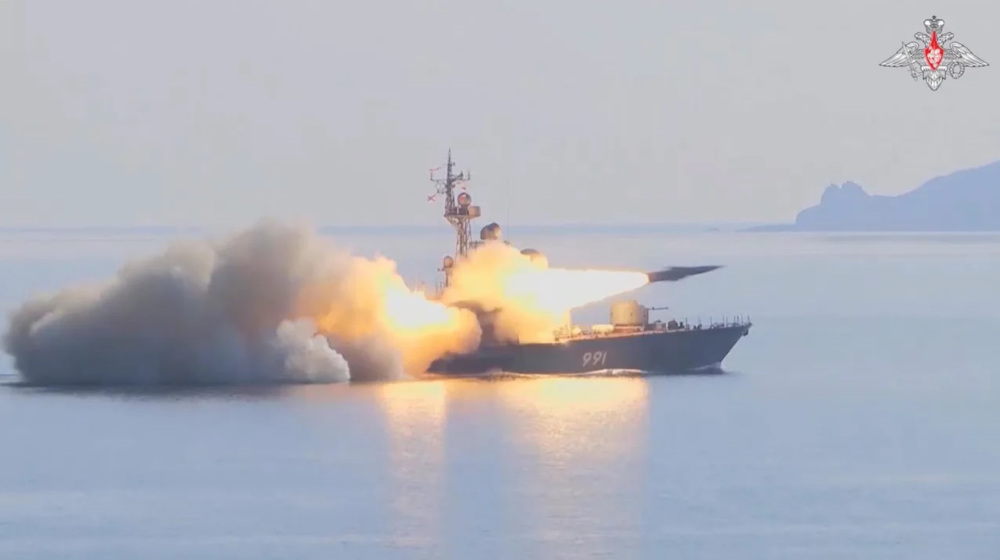
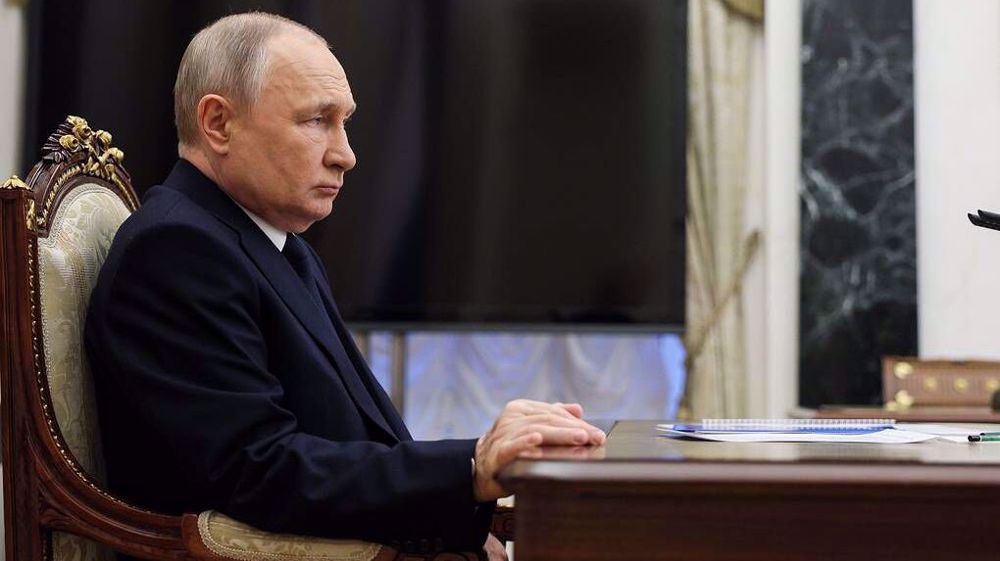
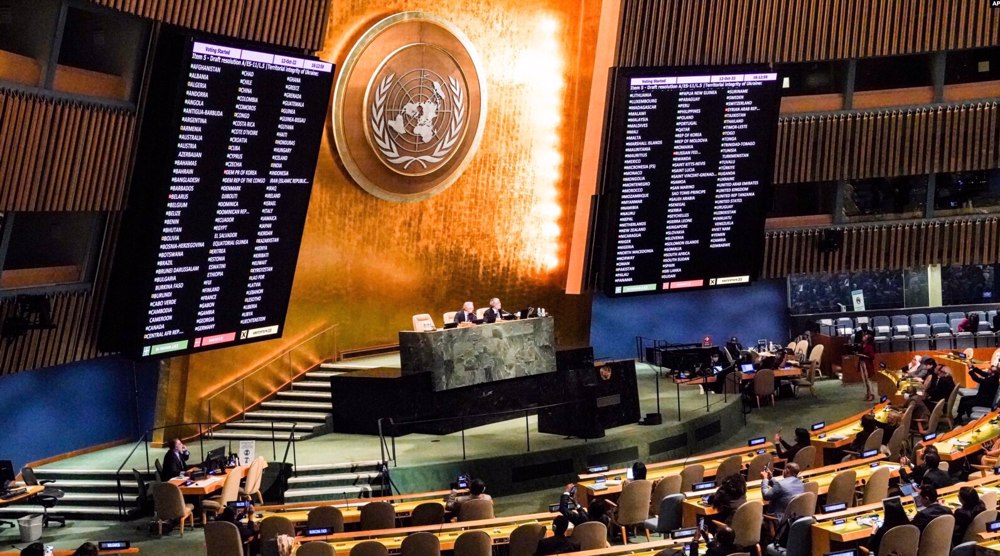
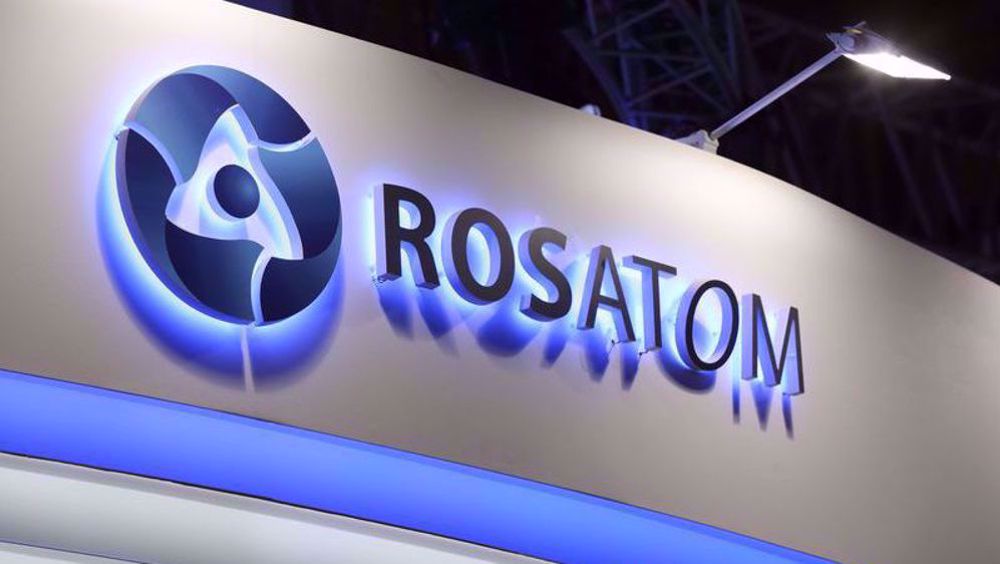
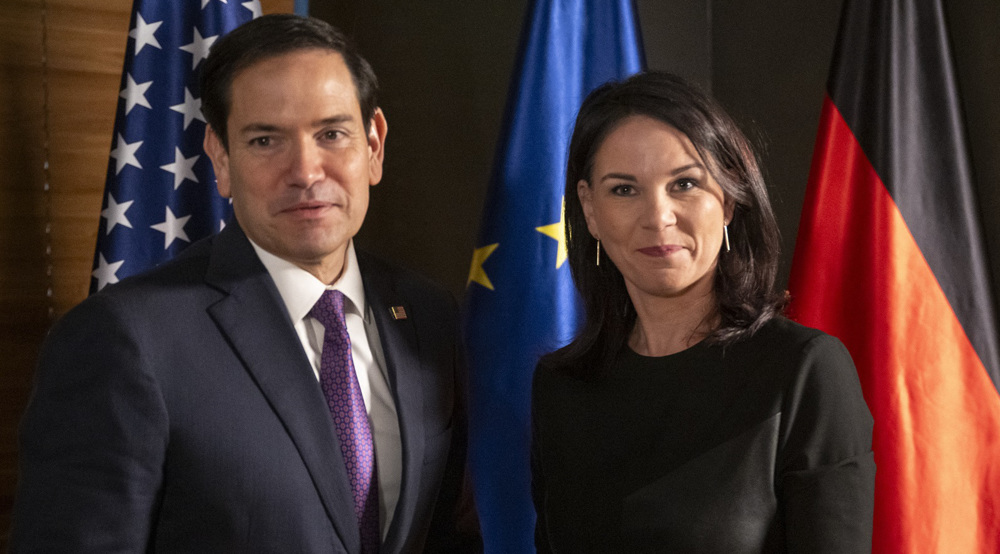



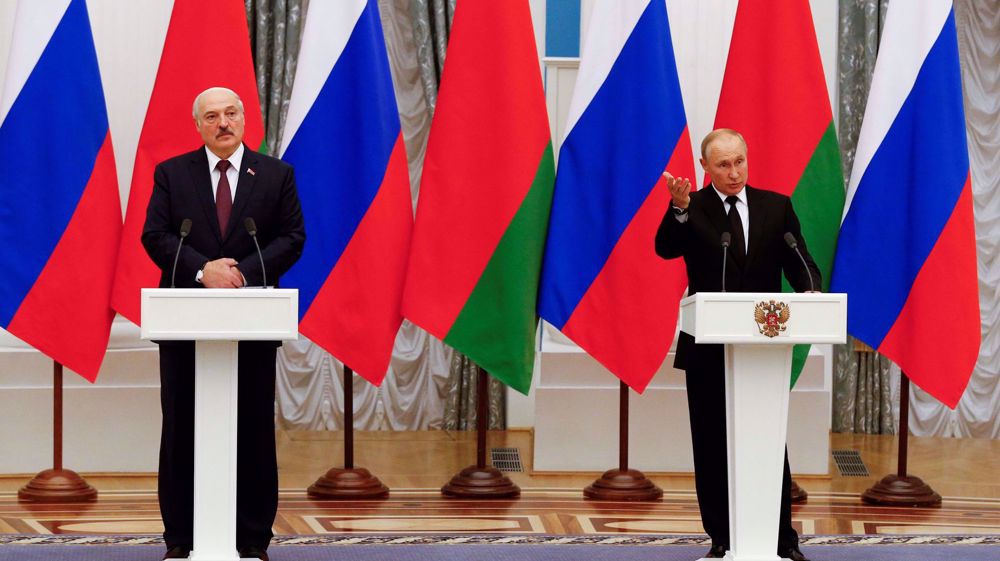
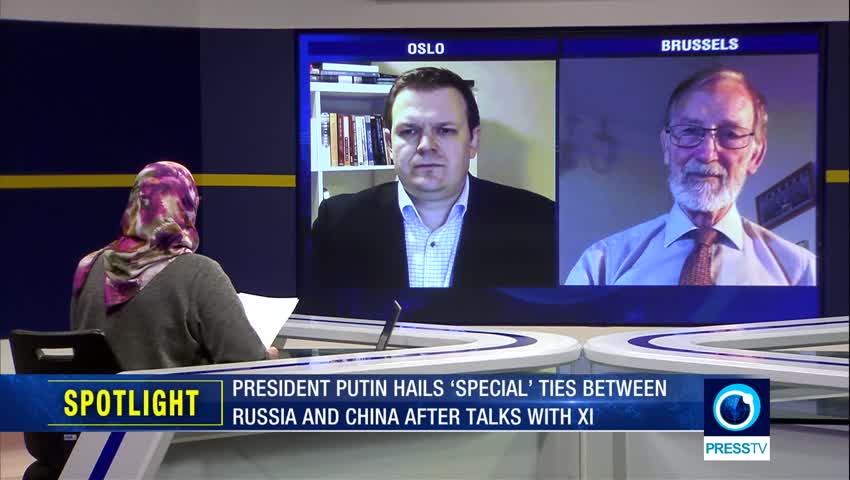
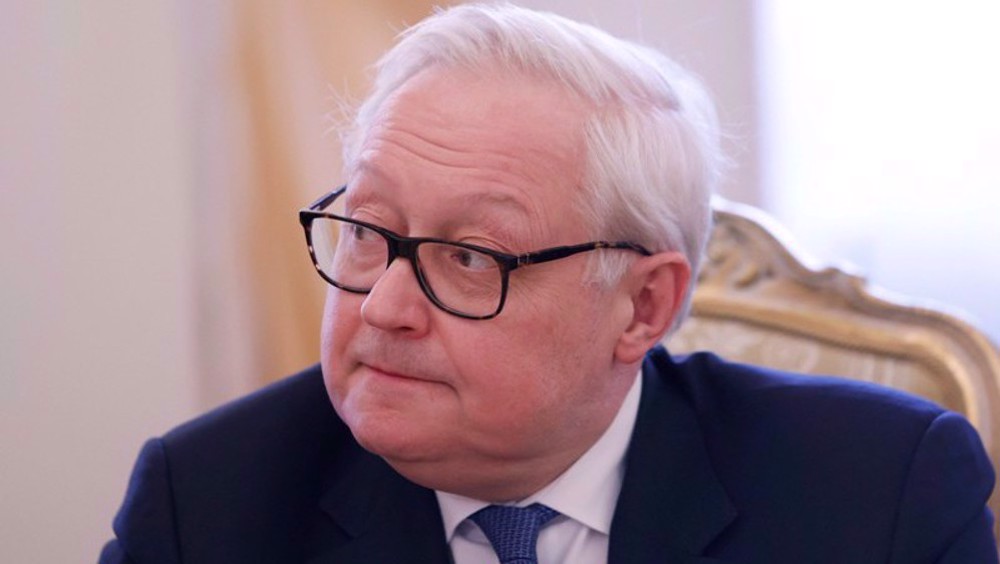
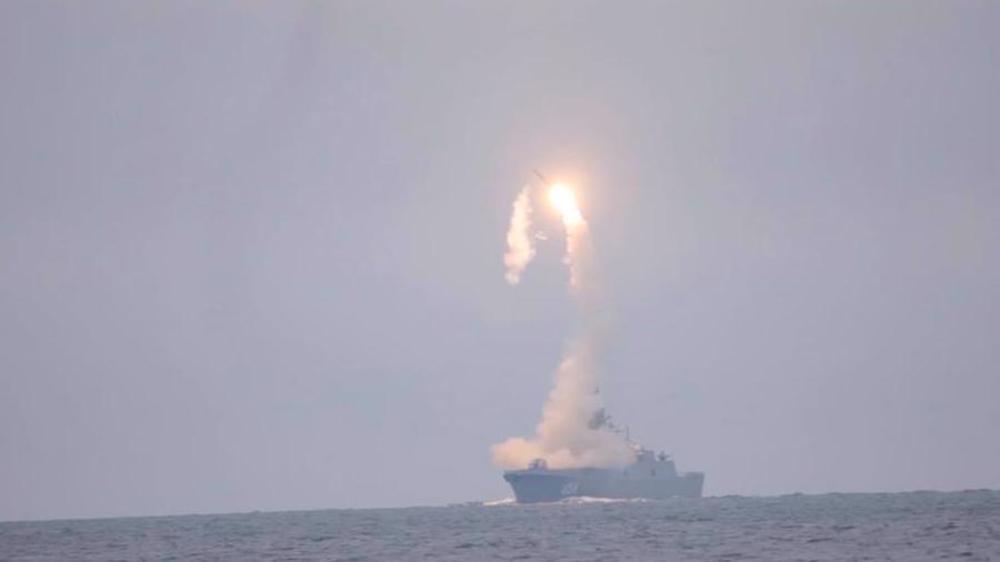

 This makes it easy to access the Press TV website
This makes it easy to access the Press TV website